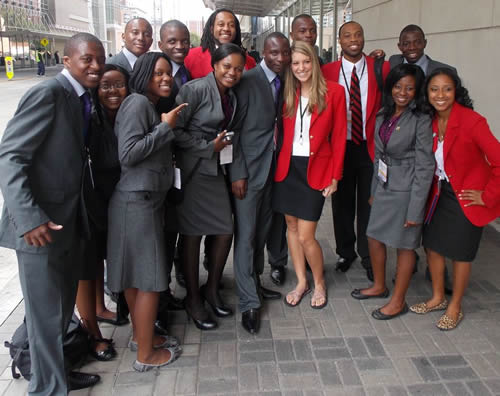Poetry highlights injustices in Zimbabwe
Wednesday, October 17th, 2012 by Lenard KamwendoAn eight-track poetry album entitled All Protocols Observed was unpacked yesterday by Zimbabwe Poetry for Human Rights at a Food for Thought session hosted by US Embassy Public Affairs section.
Though you can dance to it the tracks on the album address some of the serious challenges affecting our country. From the accumulating dirty debt, to ravaging HIV/AIDS as well as politicians abusing their mandate to represent the people. The messages on the album are straight to the point as no one can dispute the fact that every problem in the country so far has been addressed with an “Operation” or a “Commission” of some sort as highlighted in track 5 of the album “Ma Opareshoni nema Komishoni”. Since Independence a lot commissions and operations have been set up to respond to something or other. From Operation Murambatsvina that demolished people’s houses because they were deemed illegal structures to Operation Zuva Rabuda/Sunrise, which resulted in the slashing of many zeroes on our local currency.
The album can be accessed from Zimbabwe Poetry for Human Rights free of charge and the group is encouraging people to share it so that it reaches a wide audience. Poetry is a powerful tool to provoke thought.
Many artists have been silenced in Zimbabwe for speaking out too loudly about the injustices faced by ordinary people. The work of Zimbabwe Poetry for Human Rights has not been easy as their recent performance in Kadoma was met with resistance when youths from ZANU-PF shut down the event and accused the group of spreading regime change messages.










